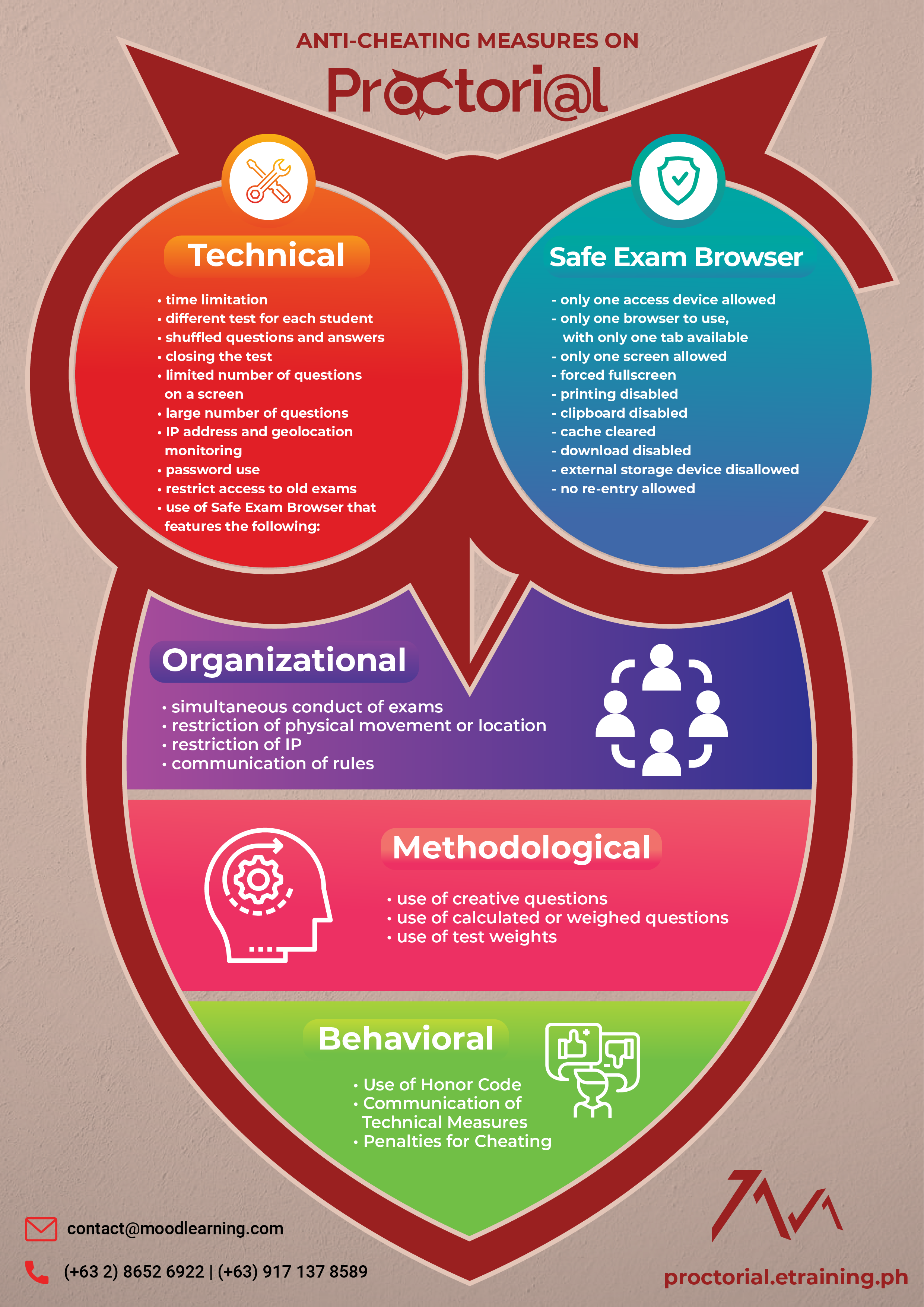
In the 1990s the New Yorker ran this cartoon by Peter Steiner:

So who’s taking your online test?
To this day the cartoon resonates well among educators, edtech specialists, policymakers. The title question is rather off-handed when it comes to learning management systems (LMS) and the concern that online exams may not have the same level of “integrity” as their face-to-face, proctored counterparts. In fairness to dogs, they are not exactly the shady characters who will take online exams for you. But you get the idea.
In truth, exams are not the only measure of learning. The broader issue involved here is educational assessments in general. Yet, exams are so pervasive and dominant that institutions and the market continue to use them, even if their limitations are not exactly cabalistic knowledge. So enormous energies and resources are spent to ensure that exams have integrity.
The assumption of many who prefer face-to-face instruction and exam over online ones relate to the bias that online exams are less secure and test takers are free to do as they please (including cheat) when nobody is watching them in person.
As largely practiced, online test taking has been less about the exam itself but about the process or conduct of test taking that imbibes confidence in its integrity. The challenge, therefore, has to do with the question of what examiners and proctors can do to prevent cheating. For now, don’t worry that “cheating” is actually a complex behavioral issue. Let’s assume that there’s a set of measures out there that can sufficiently address particular forms of cheating in a particular context (say, a purely online exam). Put that set of anti-cheating measures in place, and, more or less, you have a respectable, good-as-face-to-face test taking.
An e-learning and technology service company, moodLearning, offers such bag of “tricks”. While the focus could be on technical measures like the use of Safe Exam Browser that blocks out all access other than the exam site itself, they are best deployed in conjunction with other measures: Organizational, Methodological, and Behavioral. They are a symphony of tools that examiners and proctors can use in learning management systems or on specialized exam platforms like Proctorial.
